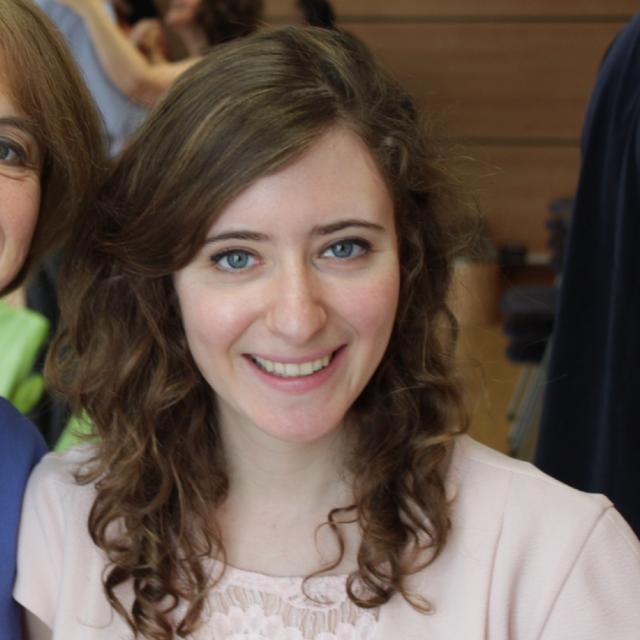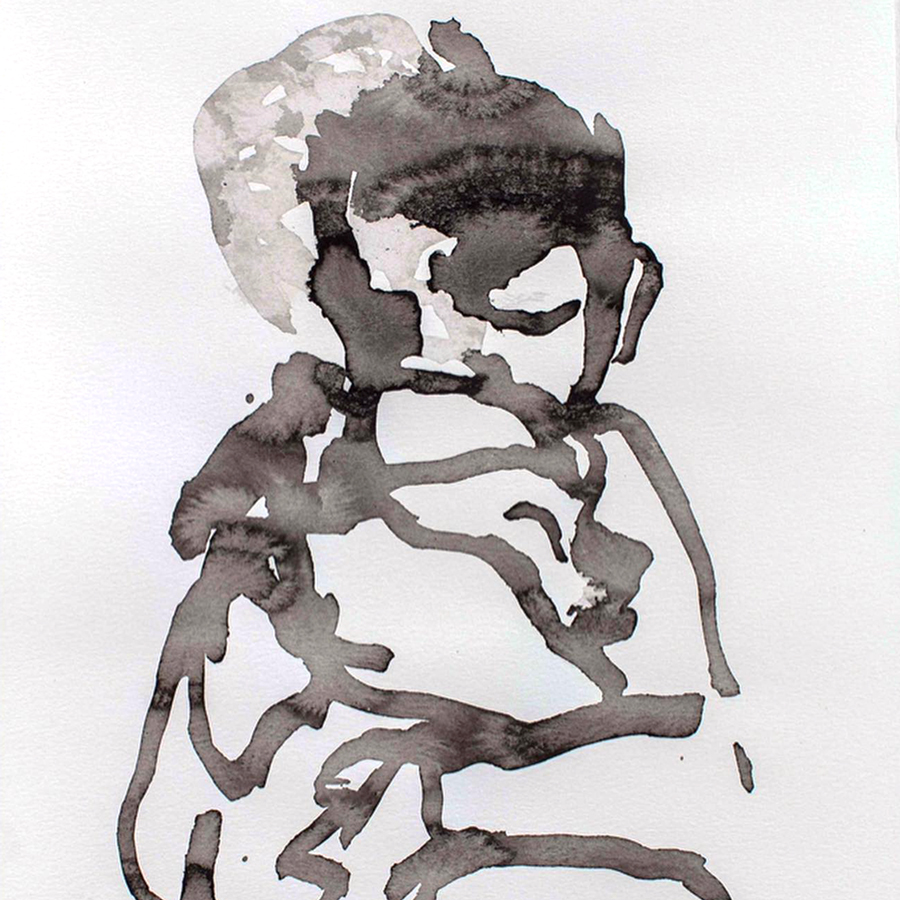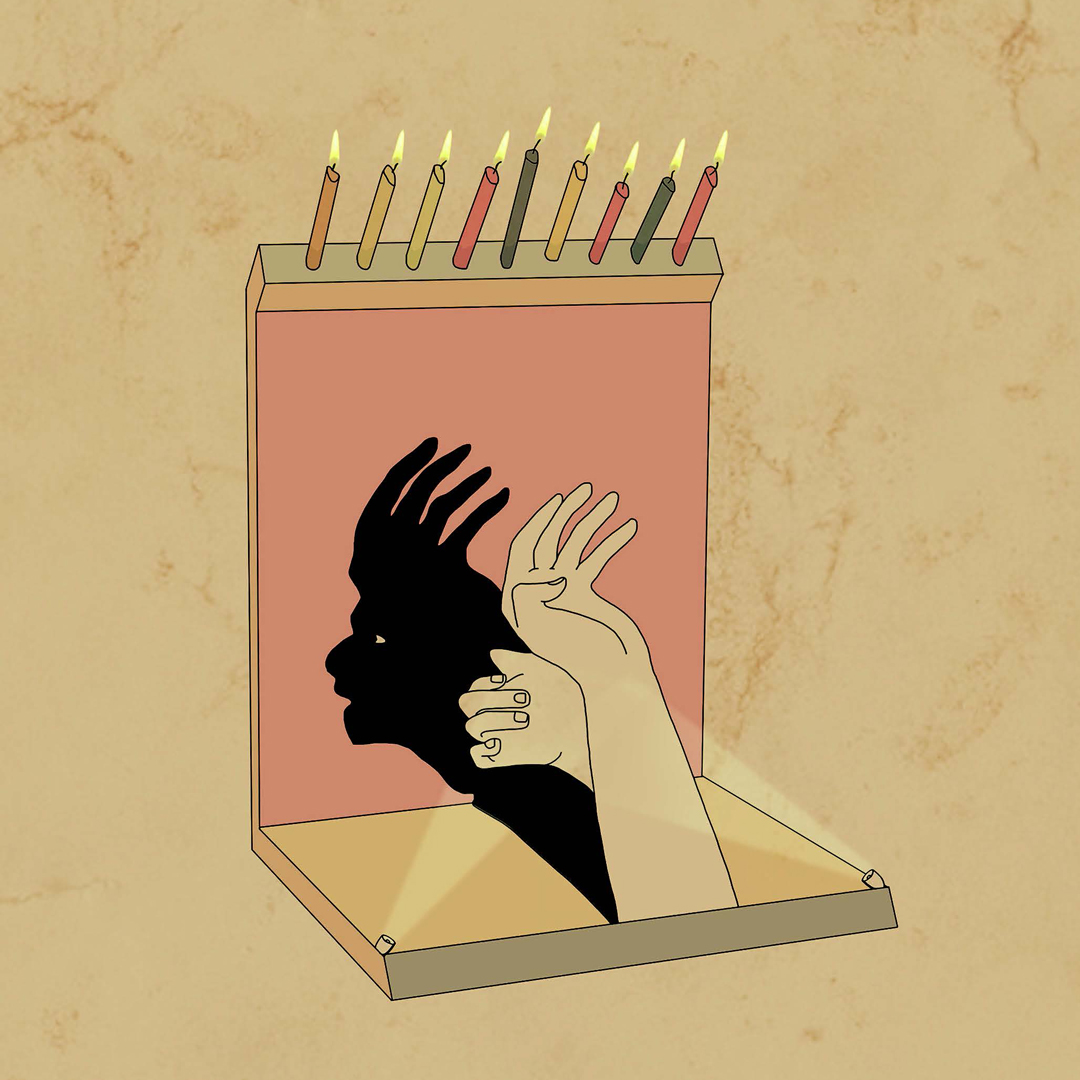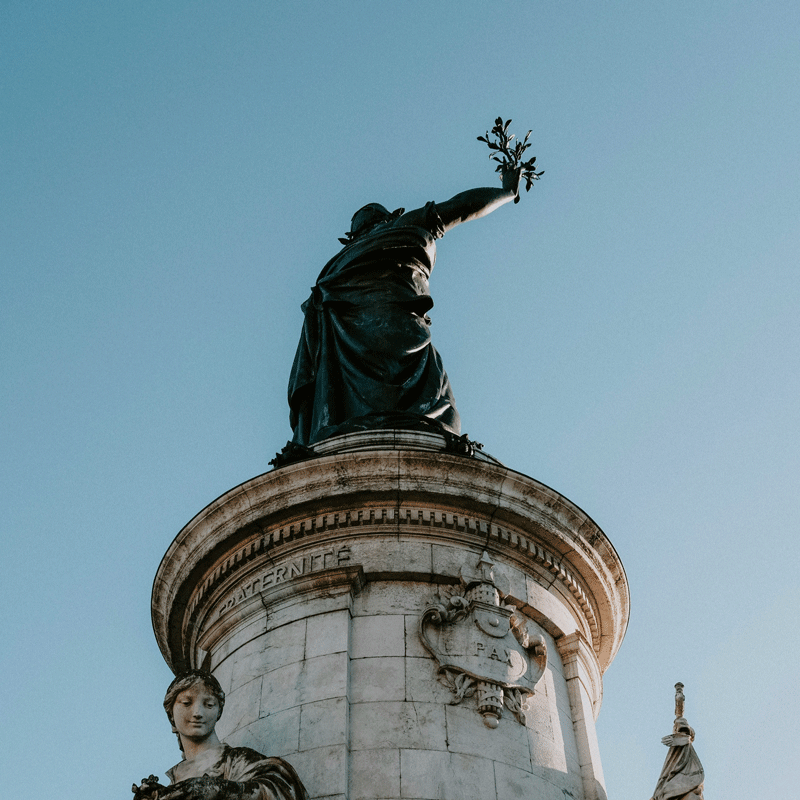
As of March 7, 2021, 40 % of Israelis have received their second dose of the Pfizer‐BioNtech vaccine. Now these lucky individuals can finally “turn off the TV and get back to business as usual”—or at least temporarily look away from the devastating health headlines to indulge in the pleasures of a social life. Israel has led a searing vaccination campaign following a biomedical data sharing agreement with Pfizer‐BioNtech labs. The nation has committed to providing data regarding vaccine efficacy and potential adverse side effects in exchange for massive, continuous shipments. The speed of the Israeli vaccine campaign drew the admiration of numerous countries, particularly in Europe where the EU’s joint vaccine purchasing strategy has run up against several logistical and political issues. The Israeli campaign has also sparked indignation from several international bystanders who criticize Israeli leaders for violating medical confidentiality and abandoning those living on Palestinian territory, who have no choice but to wait for WHO’s Covax initiative. If the Palestinian Authority is tasked with ensuring public health, herd immunity will only be achieved at the expense of a global vaccination campaign stripped of geopolitical concerns. It appears the Israeli government has taken this issue into account, as it later agreed to supply vaccines to the Palestinian Authority starting at the end of February.
Israel’s success has stirred up talk of conspiracy theories, although it has so far sidestepped the once‐feared outpouring of anti‐Semitic vitriol. While one Portuguese lawmaker suggested via Twitter that “Jewish financial domination” has facilitated Israel’s vaccination campaign, conspiracy theories have found the most traction within Israeli and North American ultra‐Orthodox Jewish communities themselves. Not without irony, these rumours are driving a complaint often made against Jews : marketing vaccines would only line the pockets of the pharmaceutical giants and the vaccines themselves may cause infertility (rumours with potentially disastrous consequences since we know how central motherhood and procreation are to the ultra‐Orthodox identity). Not to be outdone, France’s vaccination campaign met with numerous hurdles due as much to a lack of preparation and a haphazard communications strategy as to a (fortunately declining) distrust in vaccines. In contrast, anti‐Semitic reactions have been, to my knowledge, relatively rare. While a list of Jewish political leaders and health professionals has been circulating on social networks, the notion of a “white coat conspiracy” quickly dried up. In 2020, acts of anti‐Semitic violence did not increase in France. And yet, conspiracy theories did not wait for Covid‐19 to spread, flooding the public debate and influencing individual and collective behaviours.
These rumours are rooted in an old argument. Variola inoculation, the practice of building immunity against smallpox, was developed as early as the 11th century in Asia 1. Introduced in Great Britain at the end of the 18th century, variolation divided the scientific community and polarized public opinion. Inoculators were criticized for peddling costly inoculations that would earn them a fortune. Doctors rejected this Eastern practice, which had nonetheless proven effective, because they did not understand the underlying immune response. The rise of preventive medicine began to fuel a new kind of debate. Physicians questioned whether it was ethical to inoculate a healthy person with smallpox and introduce an infectious agent into a body that had not yet been exposed. By the time the smallpox vaccine was developed in 1796, and a century later when Pasteur developed the rabies vaccine in 1885, other professionals joined a chorus of criticism against transmitting an animal disease to a person. The “anti‐vaxxer” movement was born in the 18th and 19th centuries out of opposition to variola inoculation and later the smallpox vaccine, citing various pseudoscientific (is it effective?) or religious (can I fight God’s will?) reasoning. Certain “vaccine sceptics” reject germ theory and the rules of immunology. Others consider inoculation to be “unnatural”. In Émile, Rousseau argues that the body must naturally combat the disease so that it becomes hardened. If by this he means that the best way to protect against diseases is to be exposed to them, he is implicitly validating the principle of vaccination—although his is a line of reasoning used today among anti‐vaxxers, such as the members of QAnon.
One of the recurring elements of the “anti‐vax” movement is a strong distrust of state institutions, considered to be intrusive, oppressive, and totalitarian. In France, the 1832 cholera epidemic was attributed to public figures that sought to poison the population. Similar claims were dusted off for the coronavirus pandemic : one theory alleges that the vaccine will implant a 5G microchip into individuals in order to collect and market their biological data without their knowledge… The global crisis caused by the Covid‐19 pandemic calls for a re‐reading of Michel Foucault, notable for studying the “process of statification of the biological”, “biopower”, and “governmentality”. His work encourages us to rethink our public health system, long neglected in favour of curative medicine that is not very familiar with population‐based approaches to health. It invites us to question the ethical dimension of the vaccine that protects the recipient, their loved ones, and their entire community for which they are in part responsible.
1. Françoise Salvadori and Laurent‐Henri Vignaud, Anti-vax, La résistance aux vaccins, du xviiie siècle à nos jours, 2019, Vendémiaire.
Back to text
Translated by Arielle Aaronson




